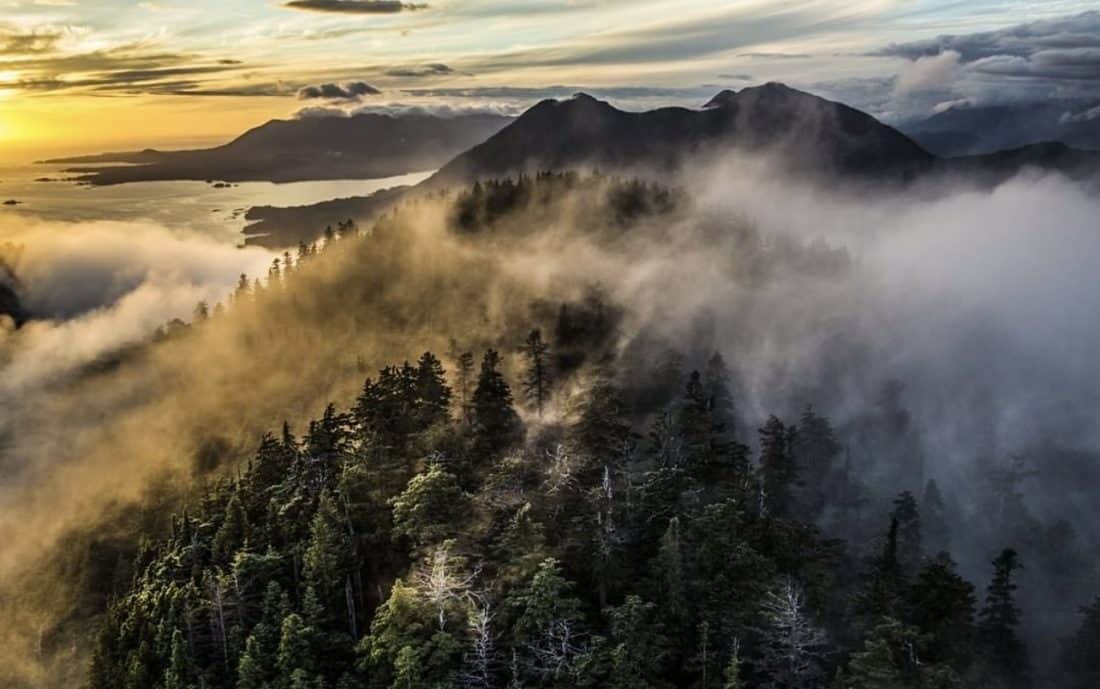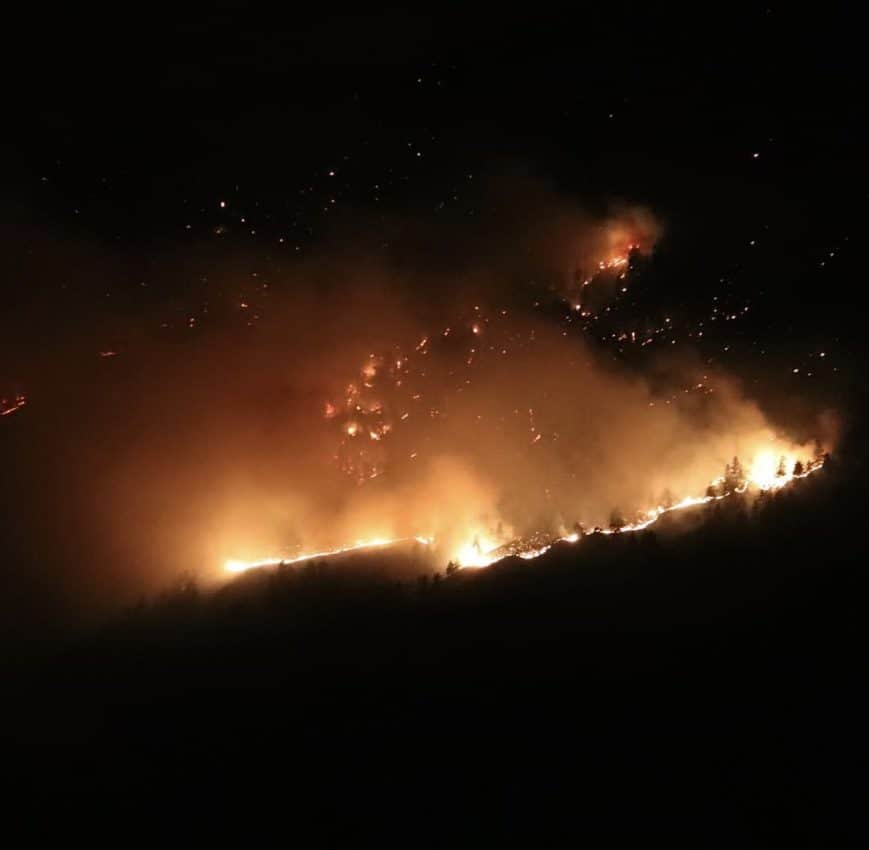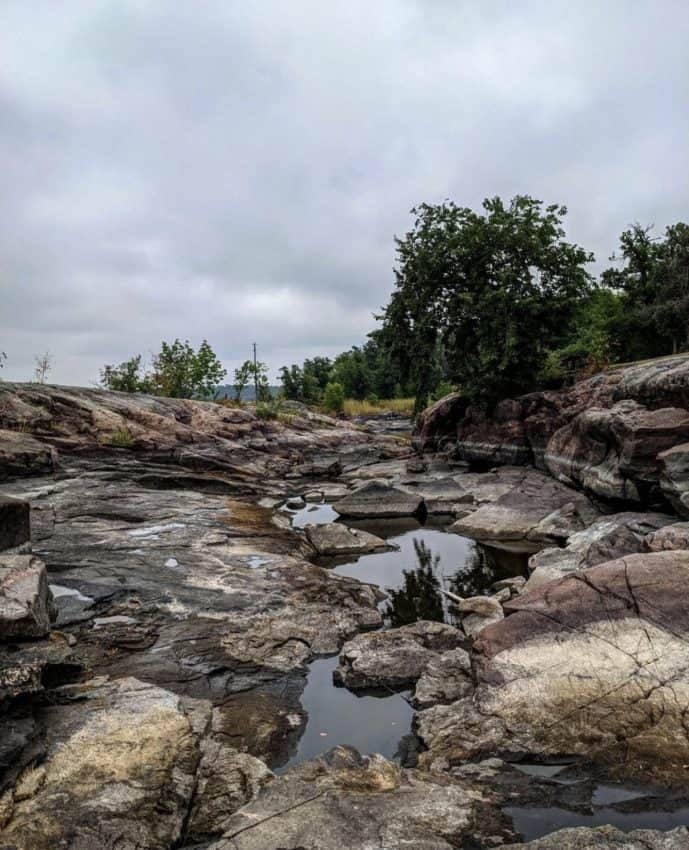
“A code red for humanity.”
That’s how UN Secretary-General António Guterres summed up the Intergovernmental Panel on Climate Change’s latest report released in August. Yet, the report didn’t seem to make even a dent in news coverage — that’s as much a problem as the climate crisis on our hands.
The IPCC, founded in 1988, is a body of the UN responsible for assessing the science of climate change and its implications, and designing mitigation strategies. The enormous responsibility is shouldered by thousands worldwide.
To create these reports, IPCC scientists volunteer to read and summarize thousands of scientific papers on factors driving climate change, its risks and strategies to adapt and reduce those risks.
This report was put together by 243 scientists from 66 countries. Just the scale of the team, in both size and geography, and the depth of the report are enough to leave a person breathless.
Perhaps the least we can do is respect their efforts and read the report.
For starters, the report unequivocally states, “Scientists are observing changes in the Earth’s climate in every region and across the whole climate system.” It also goes on to explain how a vast number of these changes are unprecedented in thousands of years and how “some of the changes already set in motion — such as the continued sea level rise — are irreversible over hundreds of thousands of years.”
Just let that sink in.
The climate changes we are experiencing and seeing are widespread and many cannot be reversed in our lifetimes and more. No, that will never sink in.

The report findings show that greenhouse gases from human activities, since 1850 to 1900, have caused 1.1 C of warming. The report also estimates that unless “there are immediate, rapid and large-scale reductions in greenhouse gas emissions, limiting warming to close to 1.5 C or even 2 C will be beyond reach.”
Though these may seem like small numbers, when it comes to climate change, they are cataclysmic..
It means 1.5 C of global warming could lead to more numerous and intense heat waves, lengthened warmer seasons and shortened colder seasons. Furthermore, 2 C of global warming could lead to heat extremes projected to reach “critical tolerance thresholds for agriculture and health.”
But it’s not just about temperature. In different parts of the world, climate change spans many different and serious changes to moisture, dryness, winds, snow and oceans. For example, ocean warming, more frequent marine heatwaves, ocean acidification and reduced oxygen levels deeply affects ocean ecosystems and everyone who relies on them.
The report also outlines that climate change results in more extreme rainfall and flooding and on the flip side, more extreme droughts. In Saskatchewan, we are very familiar with the latter.

The 2021 drought is showing all the signs of being the worst drought experienced in the Prairies — it could even be the worst ever in Canada. In specific, Saskatchewan has experienced record heat this summer with little rain. Crop yields are expected to be much lower than average in Saskatchewan this year. Amongst many implications a drought brings, it means an increase in the cost of food.
While the report outlines many more important scientific observations and analysis, it highlights a seemingly obvious, though not widely accepted, truth. Climate change should no longer be considered an issue that only some countries need to deal with.
It’s high time we leave the “me-first” rhetoric and approach behind. Rather, this global problem requires equally global solutions.
The report also leaves readers with a choice — “Strong and sustained reductions in emissions of carbon dioxide and other greenhouse gases would limit climate change.” In the short term, this would improve air quality and, if the efforts are continued, the IPCC estimates that it could take 20 to 30 years for global temperatures to stabilize.
When the UN Secretary General said the IPCC’s report was a code red for humanity, he also said, “The alarm bells are deafening, and the evidence is irrefutable.”
So, if the alarm bells have been sounding, loud and clear, and we are quite literally experiencing the evidence of climate change, why aren’t we listening yet?
Perhaps a better question might be — with our present and future on the line, when will we start listening?
—
This op-ed was written by a University of Saskatchewan undergraduate student and reflects the views and opinions of the writer. If you would like to write a reply, please email opinions@thesheaf.com. Vaidehee Lanke is a fourth-year undergraduate student studying bioinformatics and is the Opinions Editor at The Sheaf Publishing Society.
Photos: As Credited
Leave a Reply